
How Much Water You Actually Need to Drink Each Day – And Why It Matters
How Much Water You Actually Need to Drink Each Day – And Why It Matters
We’ve all heard the rule: drink eight glasses of water a day to stay healthy. But just like caloric needs vary from person to person, so does your daily water requirement. In this article, we’ll explore why hydration is crucial and how to determine the right amount of water for your individual needs.
Why Is Staying Hydrated So Important?
Most of us know that water is essential, but we don’t always understand why. Without knowing its full benefits, it’s easy to overlook hydration in your daily routine.
1. Supports Essential Body Functions
According to registered dietitian Lisa Drayer, water helps regulate body temperature, lubricate joints, deliver nutrients to cells, and prevent infections. It’s also critical for kidney and liver function, as these organs rely on water to eliminate toxins from the body.
2. Vital for Survival
In 2001, former NFL player Korey Stringer tragically died from heatstroke—a condition strongly linked to dehydration. Since then, the Korey Stringer Institute at the University of Connecticut has been studying how hydration affects health, especially in athletes.
Given that the human body is about 60% water, hydration is even more essential than food—you can survive far longer without eating than without drinking water.
3. Impacts Mental and Emotional Health
Douglas Casa, CEO of the Korey Stringer Institute, explains that even mild dehydration—like what happens after just 30 minutes of exercise—can negatively affect your mood. Proper hydration improves sleep, cognition, and overall mental performance, giving you a noticeable emotional and cognitive edge throughout the day.
So, How Much Water Do You Actually Need?
There’s no one-size-fits-all answer, but the U.S. National Academies of Sciences, Engineering, and Medicine suggest:
-
Men: 15.5 cups (3.7 liters) of fluids per day
-
Women: 11.5 cups (2.7 liters) per day
These numbers include fluids from all sources—not just plain water. Here are some important factors that influence your individual needs:
✅ Body Weight
The University of Missouri recommends this simple calculation:
Take your weight in pounds, divide it by 2—that’s how many ounces of water you should aim for daily.
✅ Physical Activity
The more active you are, the more fluids you lose through sweat and breath.
The American College of Sports Medicine advises adding 12 oz of water for every 30 minutes of exercise.
✅ Pregnancy
Pregnant individuals need more fluids to support the growing baby. You should add 24 to 32 oz of water to your daily intake and adjust based on weight and activity.
✅ Environment
High temperatures and altitudes increase water loss, so it’s important to pre-hydrate before spending time in such environments and drink more frequently.
What If I Can’t Drink That Much Water?
If drinking even eight cups a day feels like a challenge, you’re not alone. Dr. Walter Willett, professor of nutrition at Harvard, believes that many people struggle with plain water because we’re so used to sugary drinks.
One solution: enhance the flavor naturally. Add slices of cucumber, lemon, lime, or berries to your water for a refreshing twist without added sugar.
Other Ways to Stay Hydrated
You don’t have to rely solely on water to meet your hydration goals. Drayer reminds us that many foods and beverages contribute to our daily fluid intake:
-
Broth-based soups
-
Tea, coffee, and milk
-
Hydrating fruits and vegetables like watermelon, strawberries, cucumbers, tomatoes, celery, and lettuce
How Can You Tell If You’re Properly Hydrated?

Freepik
Check your urine color—if it’s pale yellow or clear, you’re probably in good shape. Other good signs include urinating every 2–4 hours and not feeling excessively thirsty.
Dark urine, frequent headaches, or sudden feelings of hunger can be signs of dehydration. Interestingly, thirst is sometimes confused with hunger, so try drinking water if you feel hungry outside your usual eating times.
Conclusion
Water is vital for every function in your body—from physical performance to emotional well-being. While your hydration needs may vary depending on lifestyle, weight, and environment, what’s most important is to listen to your body and stay consistently hydrated. Start small, build the habit, and your body will thank you.
News in the same category

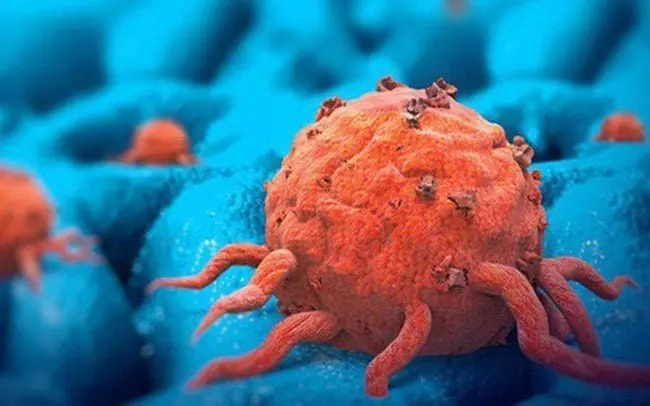
If You Don’t Get These 5 Health Screenings, You Might Not Know You Have Cancer! It's Best to Check These Areas Regularly

Warning: Strange Nail Shapes Could Be a Sign of Dangerous Cancer
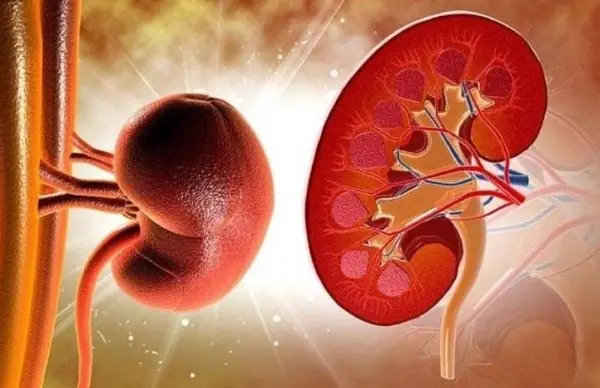
5 Early Signs of Kidney Failure You Need to Know: #3 Is Common But Often Ignored

Think Before You Sip: The Hidden Link Between Sugary Drinks and Oral Cancer

Pineapple-Infused Water, Anyone? Discover the Benefits, Tips, and Refreshing Recipes
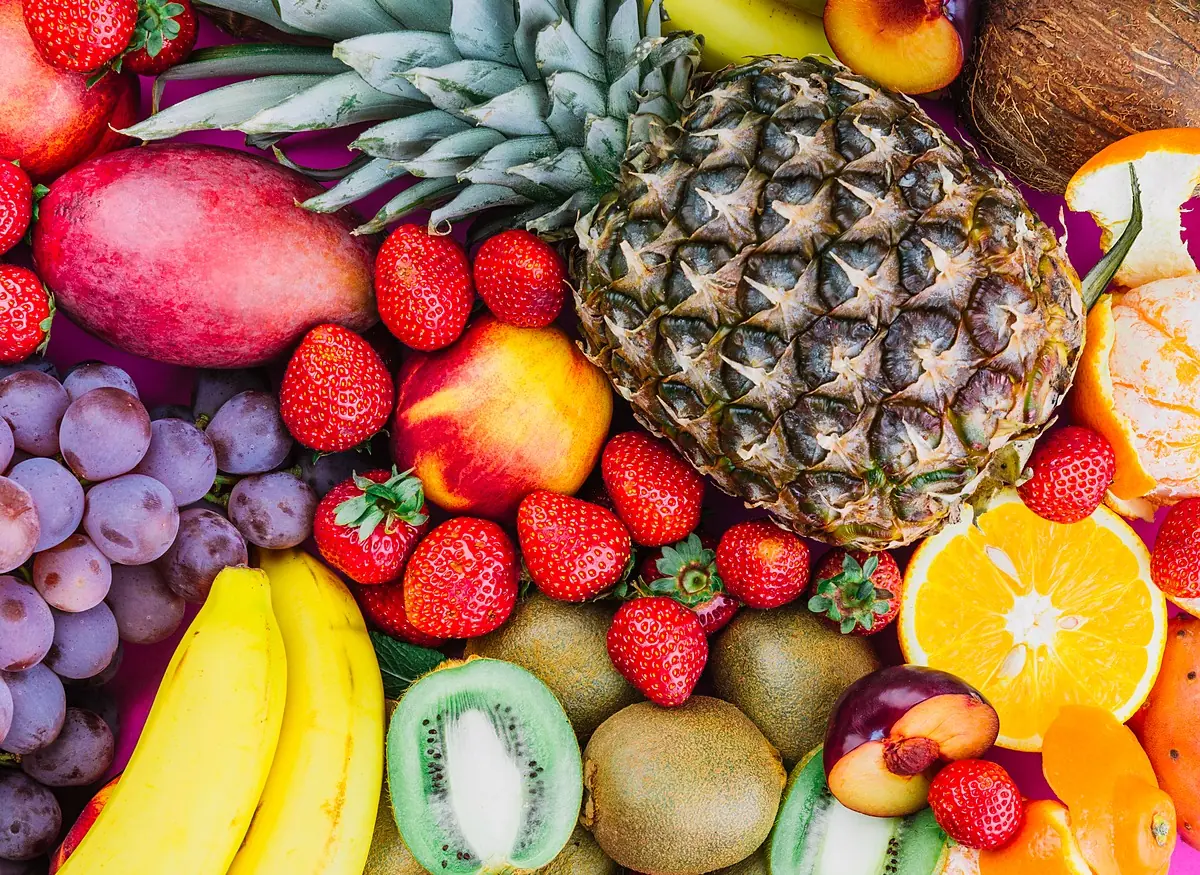
5 Fruits Listed in the ‘Black Book’ That May Promote Cancer Cell Growth: Avoid Them No Matter How Cheap They Are

25-year-old woman explains condition that makes her ‘look like an 8-year-old’
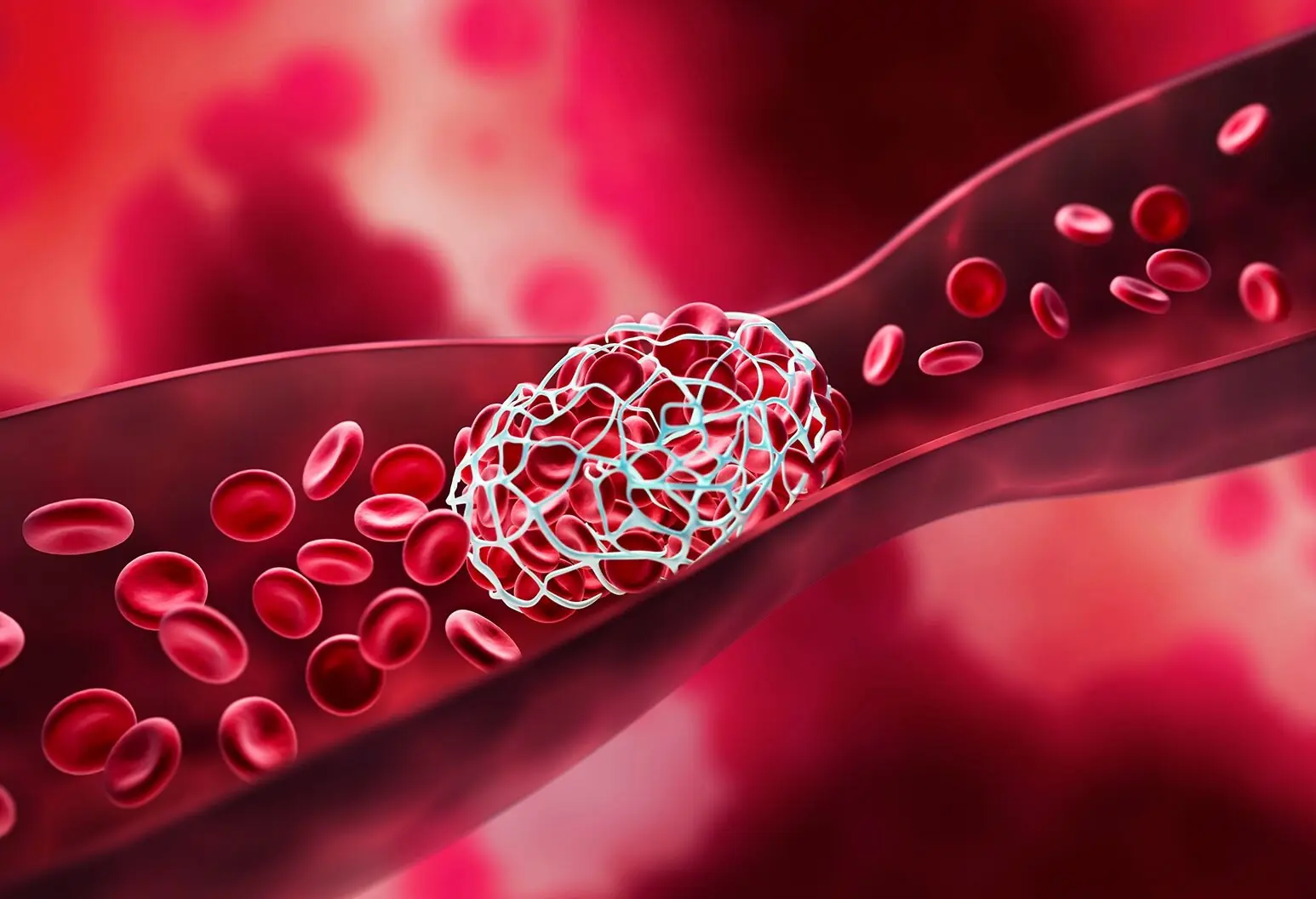
When There's a Blood Clot in the Body, It May Send You 4 Warning Signals You Shouldn't Ignore
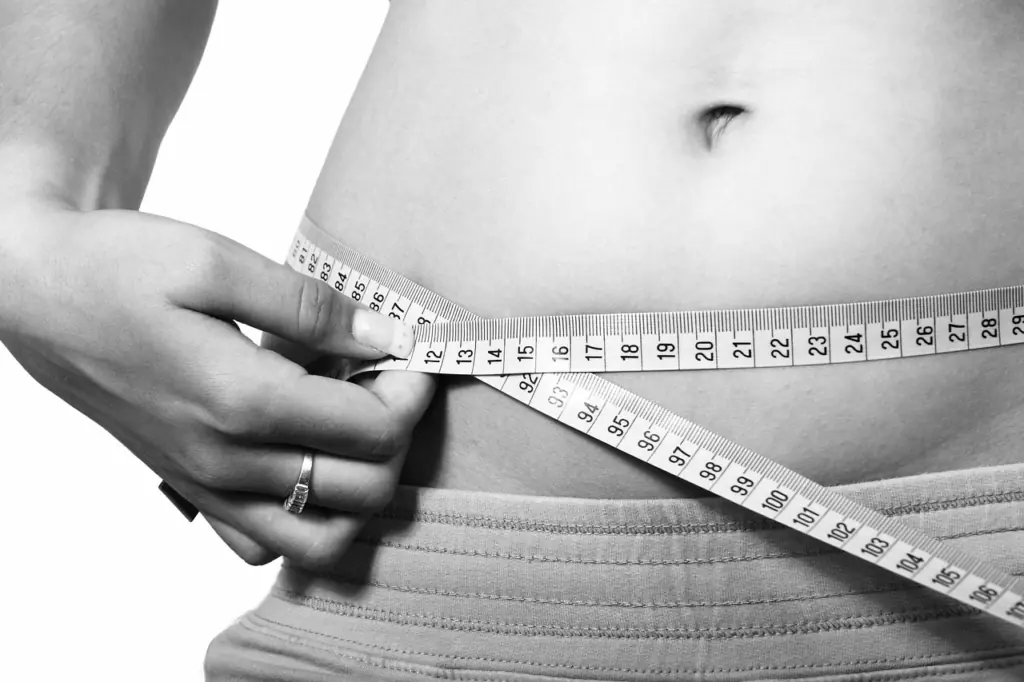
Inside The 36-hour Fast: How Your Body Transforms Hour By Hour In Viral New Simulation

Eating Too Fast? Here’s Why Slowing Down Can Improve Digestion and Reduce Bloating

Why Letting a Baby “Cry It Out” May Be Harmful: What Science Says

Rh-Null Blood: The World’s Rarest Blood Type, Also Known as "Golden Blood"

Recognizing Mini-Stroke Symptoms: A Crucial Step in Stroke Prevention

Experts Reveal 3 Warning Signs of Lip and Nail Cancer You Shouldn’t Ignore

Doctor Warns About the Risks of Not Washing Your Hair Regularly
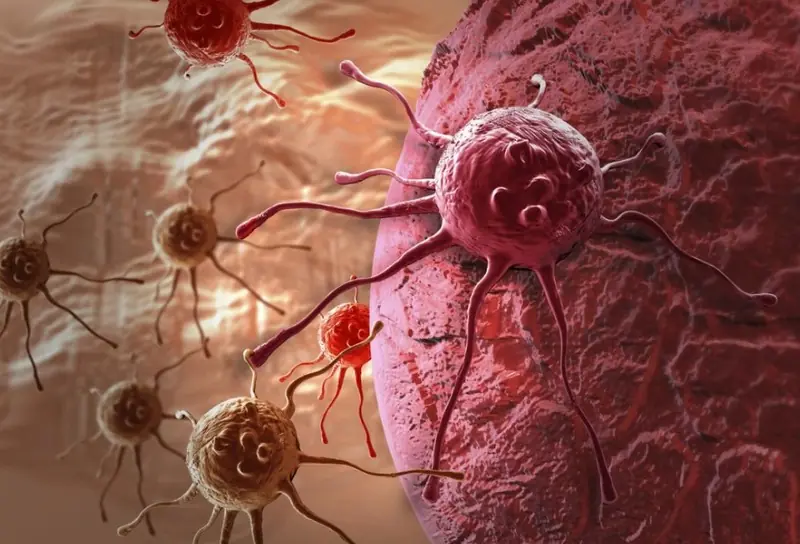
8 Foods That Are Natural Enemies of Tumors – Make Sure to Eat Them Regularly

Medical Experts Warn: 4 Early Morning Signs That Cancer Cells May Be Attacking Your Body
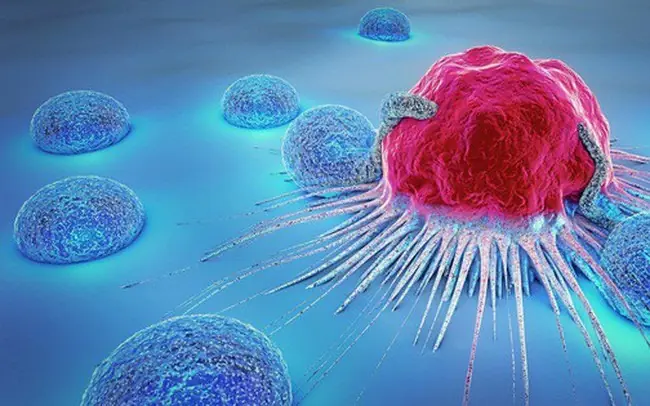
"On the Brink of Cancer: 5 Warning Signs Your Body Sends — Unusual Pain, Persistent Cough? See a Doctor Before It’s Too Late
News Post

Don’t overlook these small red spots on your arm – They could be important warning signs

If You Don’t Get These 5 Health Screenings, You Might Not Know You Have Cancer! It's Best to Check These Areas Regularly

Kills Sore Throat and Inflammation – Cloves: Nature’s Antibiotic! 🌿🧄✨

Warning: Strange Nail Shapes Could Be a Sign of Dangerous Cancer

Natural Eyes-Healing Secrets Big Pharma Doesn't Want You to Know | Dr. Barbara O'Neill

Rich Man Sees His Former School Teacher as a Homeless Man – 'I'm Here Because of Your Mother,' Says Teacher

5 Early Signs of Kidney Failure You Need to Know: #3 Is Common But Often Ignored

After Babysitting My Grandson, My Daughter-in-Law Handed Me a Bill for 'Living Expenses'

My SIL's Family Maxed Out Their Credit Cards & My Wife Demanded I Pay Them—I Said No, So She Did It Herself and Regretted It

What modern quantum physics now proves, ancient cultures already knew: geometry is not math—it’s memory

A Natural Kidney Treatment That May Restore Function and Remove Kidney Stones

Tourists Panic As ‘New Baba Vanga’ Warns Of Disaster Coming In Just 2 Months

Senna Alexandrina: Nature’s Potent Cleanser for Digestive Health and More 🌿

My MIL Ruined My Son’s 18th Birthday When She Gave Him a Letter and a Box — He Was Heartbroken & Taught Her a Lesson in Return

Think Before You Sip: The Hidden Link Between Sugary Drinks and Oral Cancer

I saw the mother mistreating the child while I was a nanny, but talking up nearly cost me my job.

Pineapple-Infused Water, Anyone? Discover the Benefits, Tips, and Refreshing Recipes

My 11-Year-Old Son Convinced Me to Install a Camera in the Basement – 'Nanny Does Bad Things Down There'
